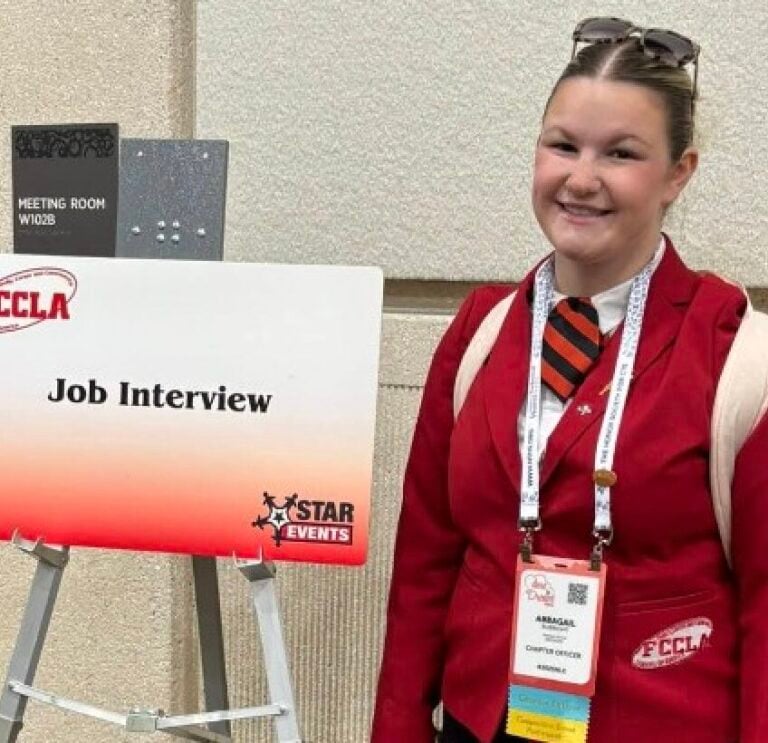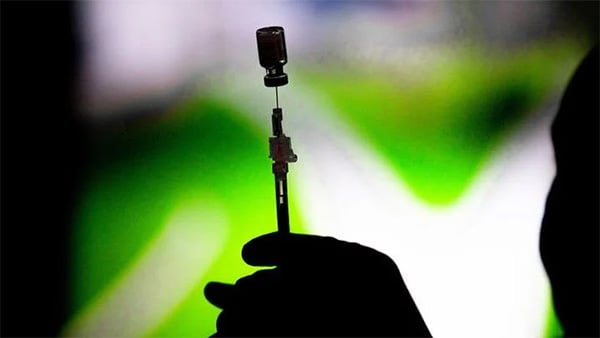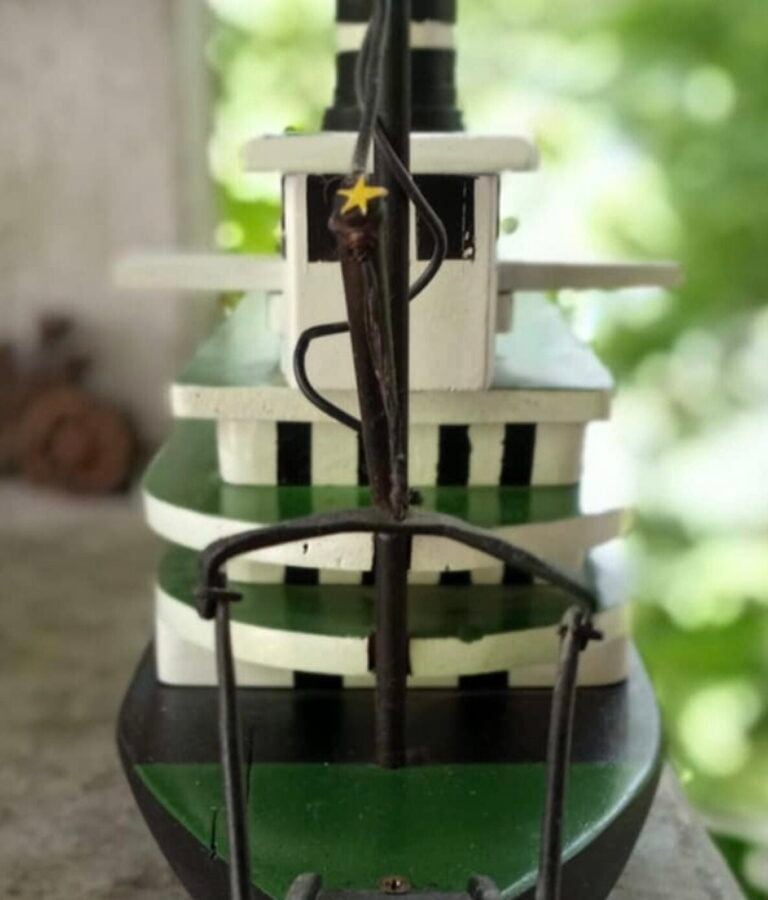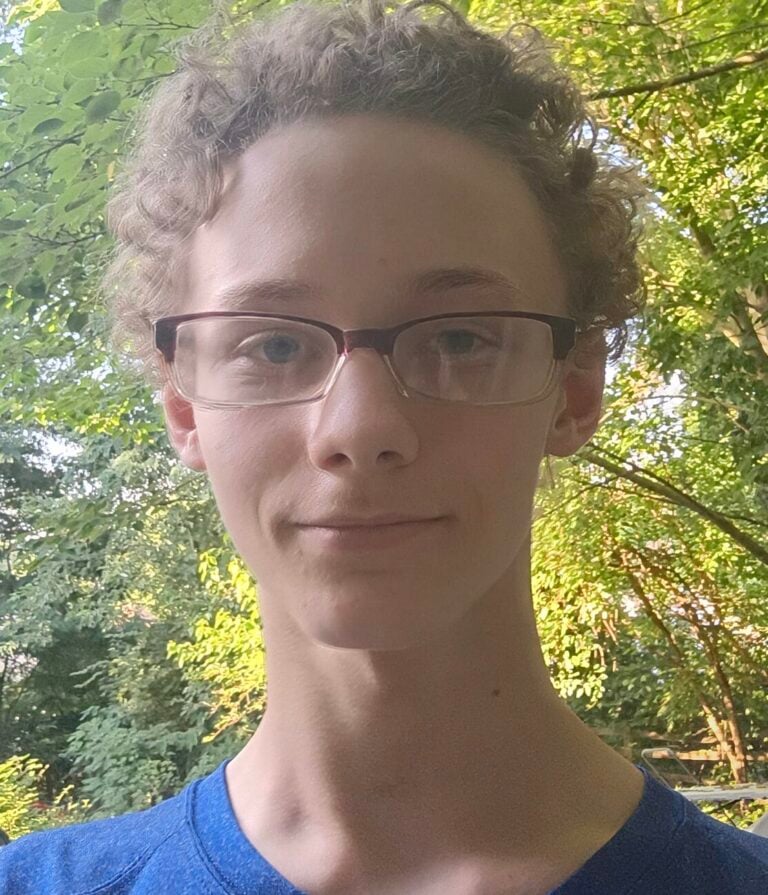On February 14, Louisville experienced terror with the attempted shooting of a Mayoral candidate, Craig Greenberg, and members of his staff.
What happened was violent and traumatic and it simply cannot be excused. And while no one was hurt (thank God) and Quintez Brown, the alleged shooter, was arrested alive (thank God), there is a deep sense of mourning and shock in Louisville.
Quintez is a popular and energetic activist, a rising star in the world of advocacy, with no known violent history. Many wonder what happened and how someone who has worked so hard to hold his community together in the darkest of days ended up with his finger on the trigger, and whether Craig’s Jewish identity has anything to do with it.
Once I heard the news, I, too, immediately wondered if Craig was targeted because he is Jewish. When I heard that Quintez was the alleged shooter, I, too, was in shock. As the news of both spread, I was troubled by the responses I was seeing and hearing. In reflecting on this frightening and devastating situation, words from my Jewish tradition filled my thoughts.

“If I am not for myself, who will be for me? If I am only for myself, what am I? And if not now, when?” These are the oft-quoted words of Hillel, one of the most influential Jewish sages of all time.
“If I am not for myself, who will be for me?”
When something like this happens to someone Jewish, it triggers a deeply founded fear and trauma response within and around the Jewish community. It is rare that something like this happens to someone Jewish and it is not related to their identity in some way, even if not overtly obvious to the outside world.
Our Jewish community, including Jews of all races and ethnicities, are not strangers to deadly attacks and acts of hatred – we have lived with such trauma for thousands of years – and it’s painful when it feels like no one else cares when these things happen. It is only natural to default to acts of self-preservation in these moments, leaning on the need to fight for survival and relevance in a world in which we are far outnumbered (Jews make up only .2% of the world’s population).
Quintez Brown has been a thoughtful, energetic, and gifted leader in our Louisville community. We don’t yet know why Quintez turned to violence after a career working for peace. At this moment, some are shamefully seeking guilt-by-association for progressive leaders who have worked with Quintez. Others are focusing on recent social media posts that imply that he has been looking to groups that are not safe for Jews.
This specter is terrifying for the Jewish community. We recognize the red flags in these groups all too well from our own history of persecution and oppression. We have every right to be worried at how normalized they have become, yet we know that some are using this specter of antisemitism to spread fear and divide our communities. We are right to ask about how these groups have grown in Louisville unchecked. We must also recognize that this type of rhetoric is not Quintez’s modus operandi. He has never previously demonstrated or vocalized ill will toward our community.
“If I am only for myself, what am I?”
We also know from Hillel’s quote that we cannot only be for ourselves. We live in a complex world where life happens in the gray – in the nuance of opposing absolutes. Multiple truths can and do coexist in challenging ways. Even in moments of pure terror for our community, moments that trigger our fight or flight reflexes, there is a duty to honor the multiple truths around us for that is where justice is found.
Quintez is a young, outspoken Black man living in one of the most segregated cities in America, and we know the heavy toll that living with oppression can take. As a people with a history of oppression and persecution based on our identities, we must empathize with this reality.
I see many young Jews who are looking for a place of refuge mistake extremist people and groups for safe harbors of solidarity. This is not unique to any one people. It is not a secret that Quintez needed (and still needs) intensive mental health and emotional support (as do so many), and we know that our city does not offer enough of these services to meet the needs of our community.
People are reasonably scared that if he’s incarcerated at home and not in jail, this might happen again. People are also scared that if he stayed in jail, he could hurt himself or die. We must acknowledge that our city’s jail is not a safe place, even for someone considered “mentally stable.” People are dying in our jail, and three of the six deaths in the last three months were by suicide. Our jail is failing people with mental health needs; our jail is not a place of rehabilitation, and it offers nothing to reduce recidivism or promote stability.
Quintez’s incarceration has also shone a light on the bigger issue of bail in our city and state. We know that there are people serving time in jail for minor offenses who may never be released because they don’t have access to funds for bail. When the headlines move on from this moment, we cannot forget the reality that bail is about access to money, which is another layer of injustice in our criminal justice system.
“If not now, when?”
One of the most fundamental teachings in Judaism is that human life comes first, and to save a life is as though one saved the world. This ideal – pikuach nefesh (protecting/saving a life) – even requires breaking other mitzvot (commandments) at times if it means a life is protected. The Jewish community in Louisville is on the front lines of the calls for reforms to make sure people with mental health needs get proper treatment and to stop people from dying in an unsafe jail, and now is not the time to abandon this fight or our values.
As scary as this incident was, and as frustrated as we all may be about our criminal justice system’s numerous flaws, we cannot ignore the fact that in the moments after his arrest, Quintez’s support network had to make a decision about how to protect his life. His life is as valuable as yours or mine. We must acknowledge a demonstrable fear that Quintez could die in jail, and we offer no reasonable alternatives in situations like this. We do not have to agree with their approach to honor this truth.
It is easy to take the narrow and binary way of thinking about crime and punishment in our world, especially for those of us who live fairly safe and secure lives without a need to interact with our criminal justice system. But in taking this approach, what we are really admitting is that as long as our lives are not interrupted by these challenges and shortcomings, we are okay with their continued existence.
When others pay the price, the system is fine. But the system is not fine, and our entire society pays the price of insecurity as disintegrating relationships become more and more normal. We know things must change; we can and must do more to support people earlier in life with the basic needs for human existence, including secure and stable housing, food security, healthcare (including mental health services), education, and access to reliable and safe transportation.
We can and must do more to reduce the margins to which we condemn so many of our fellow persons. We can and must do more to enable rehabilitation for those who still lose their way or who still get forced into the margins of our society. We can and must do more to fight the systemic and systematic inequities and injustices, including racism and antisemitism, that breed hostility and impede personal and communal growth and collaboration. We can and must think radically about the world in which we want to live and the tools we need to make it so.
When we remember that our fight for justice is not with each other, but with a system that upholds white supremacy and devalues life in favor of profits and power, we can march together toward justice, equity, and a better, safer world as allies. If not now, when?
Corey Buckman is a mom, wife and active member of the Jewish community in Louisville. She serves as a Core Leader for Bend the Arc: Jewish Action Louisville.

















